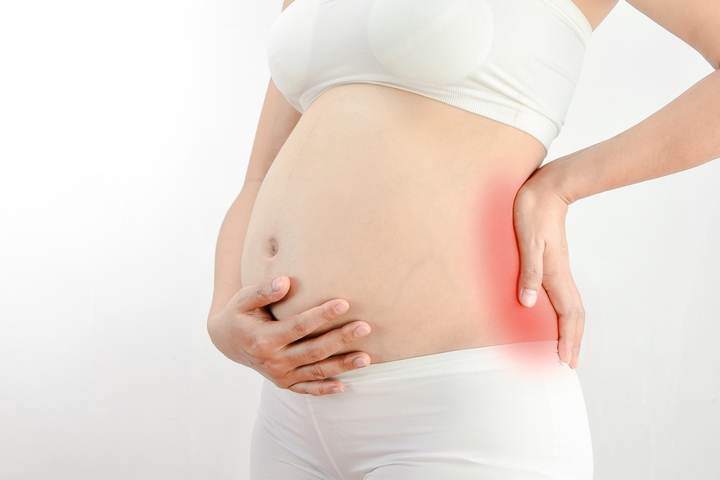7 Myths to Find Out if You’re Pregnant with a Baby Girl or Boy
There are a lot of myths surrounding pregnancy. As soon as you proudly announce you are pregnant, people will tell you that you must eat for two, stop exercising, or it won’t be safe to have sex for the next nine months.
These are all myths. You don’t need to eat for two, you should keep doing gentle exercises, and having sex will not hurt your baby unless your doctor tells you otherwise. Instead of trusting myths, you can rely on a paternity test while pregnant.
But perhaps the most common myths related to pregnancy are myths to find out if you’re pregnant with a baby girl or with a baby boy. According to these myths, paying attention to different signs will help you determine the sex of your baby.
Let’s take a closer look at seven of these pregnancy myths.
Myth #1: The way you carry your baby

According to this myth, how you carry your baby allows you to determine whether it will be a girl or a boy.
Are you carrying high? You are surely pregnant with a baby girl. On the other hand, if you’re carrying low, you are more likely to give birth to a baby boy.
The truth is that the way you carry has nothing to do with the sex of your baby and everything to do with your body shape, abdominal muscles, and even the shape of your uterus.
Myth #2: Your food cravings

There are also myths regarding food cravings. You are pregnant with a sweet baby girl if you crave many sweet and sugary foods. But if you crave mostly salty and savoury foods, this indicates that your baby is a boy.
Or does it? Food cravings during pregnancy are more likely related to hormonal changes, nutritional deficiencies, or blood sugar variations.
Of course, you can rely on your cravings to try to predict the sex of your baby if you want to. But remember, there is a 50% chance your prediction will not come true!
Myth #3: The intensity of your morning sickness
For many women, experiencing morning sickness is what makes them find out they are pregnant. Of course, they then need to take a pregnancy test to confirm whether or not this is true, but feeling nauseous in the morning is often the first sign they rely on.
But a saying goes that your baby will be a girl if you experience excessive morning sickness. However, you should be pregnant with a baby boy if you don’t feel sick.
Myth #4: The intensity of your mood swings
Another myth states that if you experience unpredictable and intense mood swings during your pregnancy, it’s a sign you are carrying a baby girl.
The truth is pregnant women go through a series of hormonal changes which are responsible for mood swings. Plus, the simple fact of learning you are pregnant can send you through an emotional roller coaster.
This is not something you should be worrying about, and you certainly shouldn’t rely on the intensity of your mood swings to predict the sex of your baby.
Myth #5: The appearance of your skin
Another pregnancy myth declares that a baby girl is stealing her mother’s beauty as she develops. This explains why a woman with oily skin and acne breakouts during her pregnancy carries a baby girl.
On the other hand, a woman who is lucky enough to have clear and smooth skin will have a boy.
Or perhaps the appearance of your skin during your pregnancy is only related to the hormonal changes you are going through and has nothing to see with the sex of your baby.
Myth #6: The condition of your hair
Another myth involving a baby girl stealing her mother’s beauty relates to hair. If your hair is limp, dull or dry during your pregnancy, you can expect to give birth to a baby girl. According to this myth, of course.
On the other hand, if your hair is shiny and seems to grow faster than usual, this myth informs you that you’re carrying a baby boy.
The truth is that the condition of your hair is related to your hormones.
Myth #7: The rate of your baby’s heartbeat
One final myth that will help you determine if you’re pregnant with a baby girl or boy relates to your baby’s heart rate.
According to this myth, a baby girl’s heart beats faster than a baby boy’s. So if your baby’s heart rate is over 140 beats per minute when the doctor listens to it for the first time, it’s supposed to mean you will have a girl.
If the heart rate is slower, you’re supposed to give birth to a boy.

